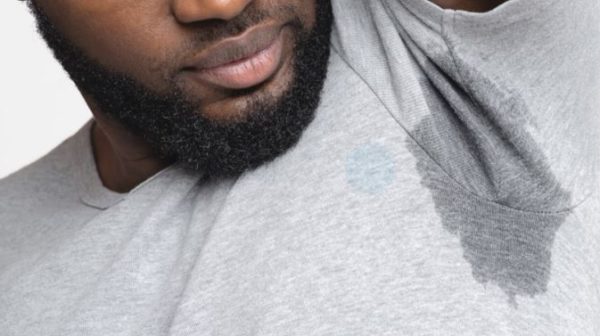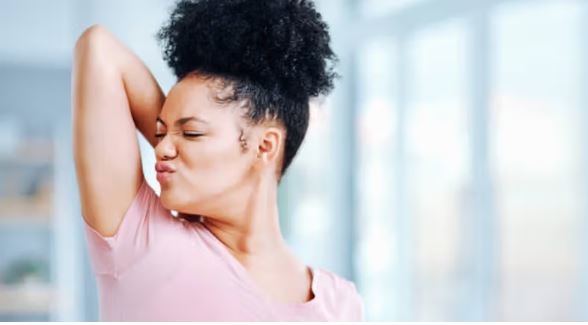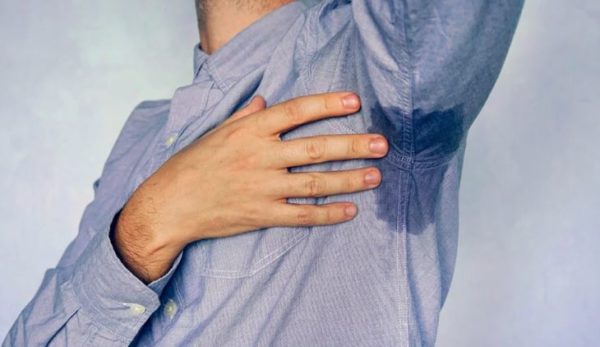Lifestyle
5 crucial things your sweat is trying to tell you

Sweating helps balance your body’s temperature and is defined as “the release of a salt-based fluid from your sweat glands.”
It can be caused by your emotional state, a serious medical condition, or even menopause and pregnancy (due to hormonal changes).
The apocrine glands constantly release sweat, and when reaching the stage of puberty, there is an increase in hormones that make sweat glands more dynamic.
Sweating through the apocrine glands usually starts right around puberty, and it doesn’t really end, so if you find yourself not sweating at all while hiking, this could be a sign of a health condition.
We gathered a list of different types of sweat that may help you understand the causes of each variety. Read on to know.
1. Salty sweat
Just like tears, it’s normal for sweat to be salty. However, if it’s unusually salty to the point where it burns your eyes and stings open cuts, then this is a sign you might be lacking sodium.
One very important ingredient to a healthy body is hydration, and although it sounds illogical, you might be dehydrated when you are lacking sodium in your diet. You may want to drink more energy drinks to increase the electrolytes that manage your levels of sodium and potassium. This, in turn, will prevent super salty sweat.
2. Barely sweating
Everyone’s body is different — some people sweat more and some less, and it’s only natural. However, like everything else, too much or too little of something isn’t normally a good sign.
If you barely sweat on a hot summer day or while riding a bike, this means that your sweat glands aren’t operating well. This is a serious condition called anhidrosis and it can affect the entire body. It leads to overheating, heat exhaustion, and heatstroke, which are all alarming and life-threatening.
3. Excessive sweating
Not only can people barely sweat at all, but they can also over-sweat, and this condition usually goes unnoticed and ignored. Excessive sweating is called hyperhidrosis and may even happen during cold weather without any reason behind it. It also usually happens to women during menopause.
Sometimes this condition can be dangerous. If you experience sweating and weight loss, sweating that mainly occurs while sleeping, or feeling pressure in the chest while sweating, then it’s time to call a doctor. There’s no need to worry because it can be diagnosed by various tests that your doctor prescribes.
4. Smelly sweat
There are 2 types of sweat coming from different glands: one is typically odorless from the eccrine glands when overheating, and the other is the not-so-pleasant smelly one from the apocrine glands. Wash the areas where you sweat efficiently, and note that your diet, the environment, and medications all affect your body odor.
5. Pregnant sweat
The science behind this phenomenon is that the body’s blood supply rises due to needing to transport more oxygen and nutrition to the baby. Drinking a lot of water, showering every day, wearing loose clothing, and staying away from spicy foods are all solutions to sweat less.








